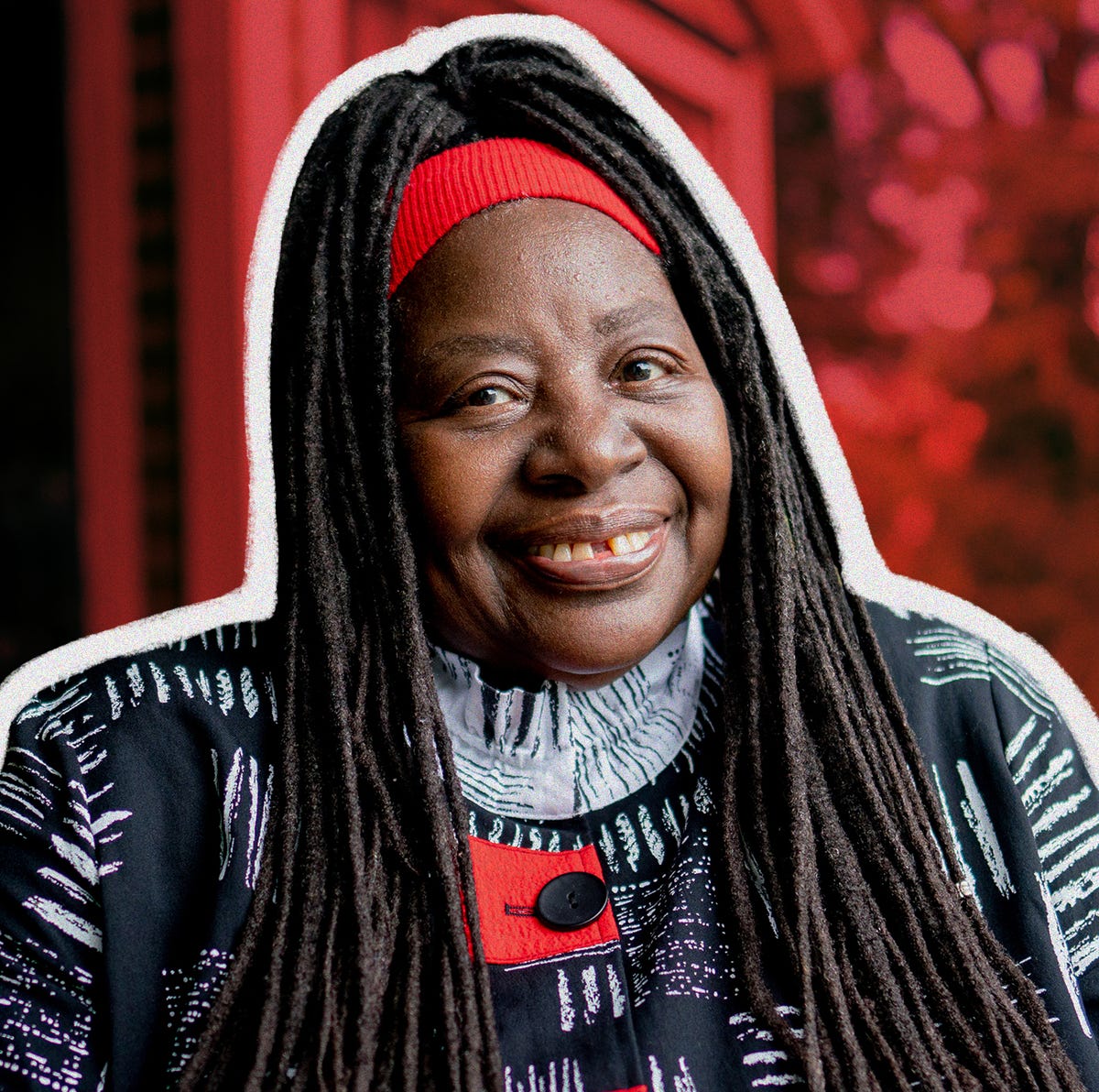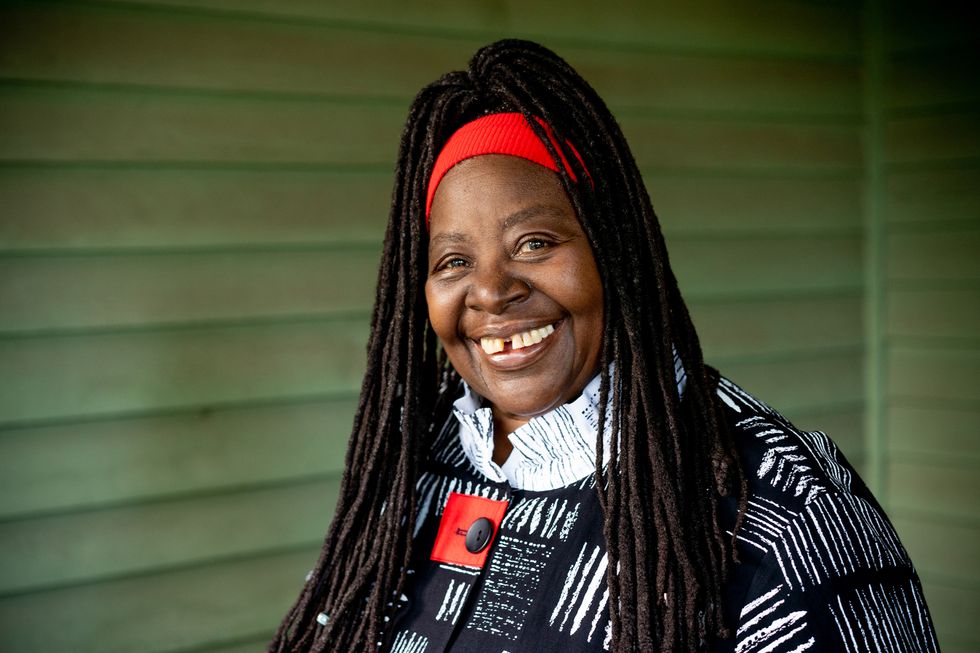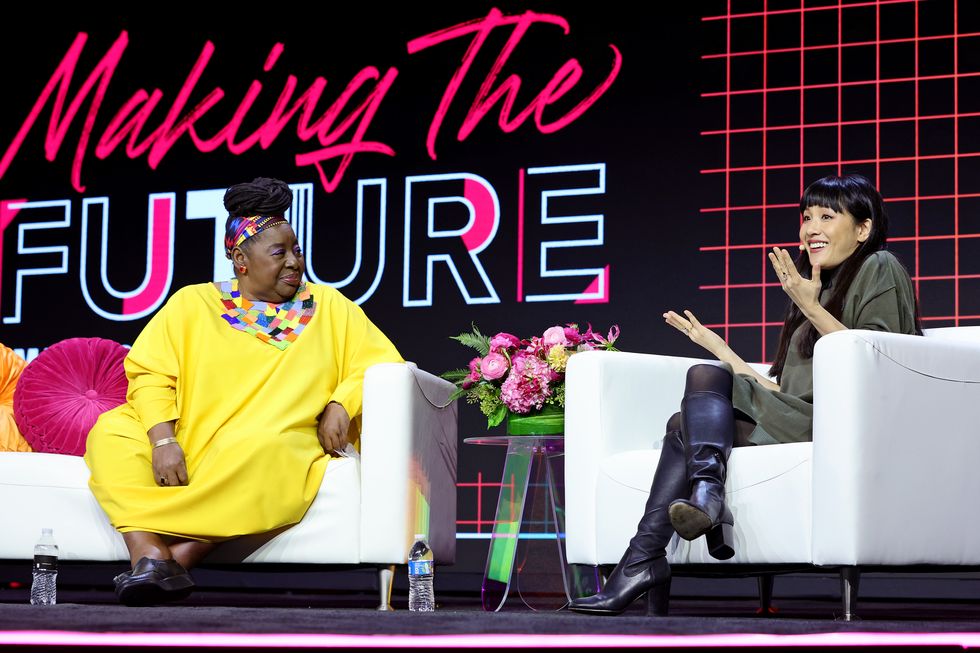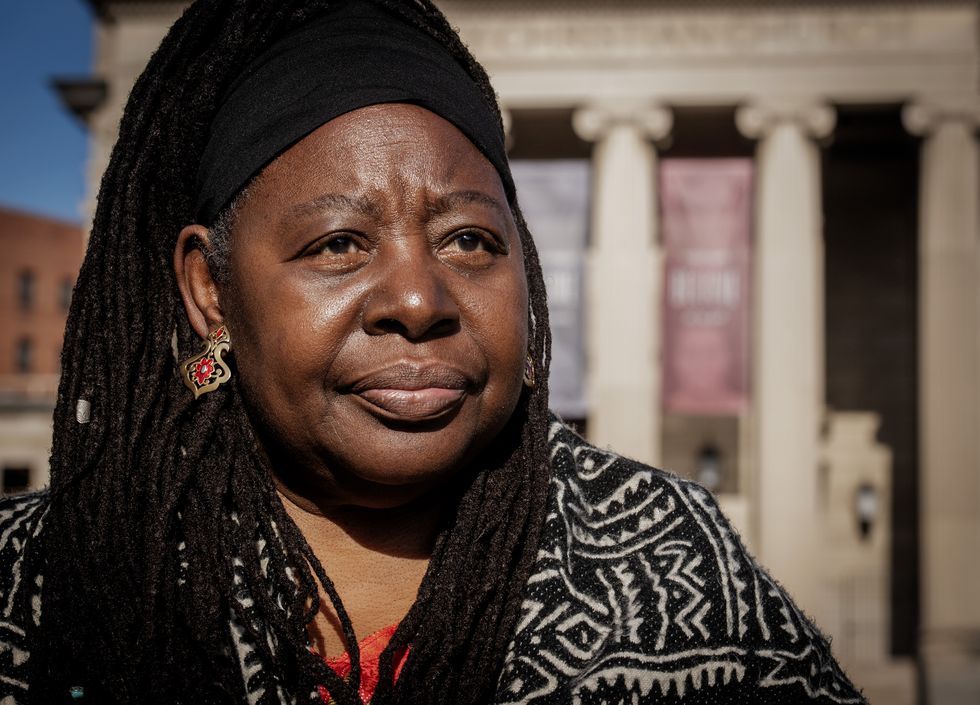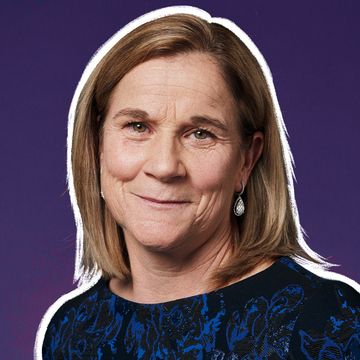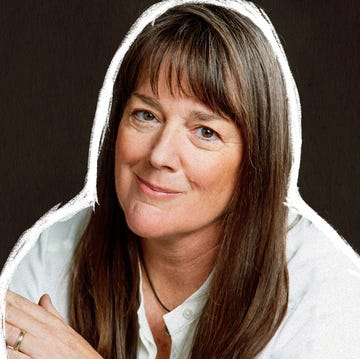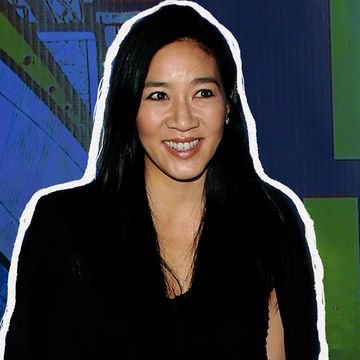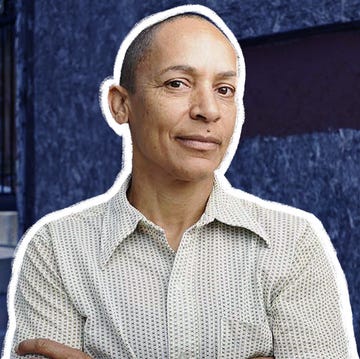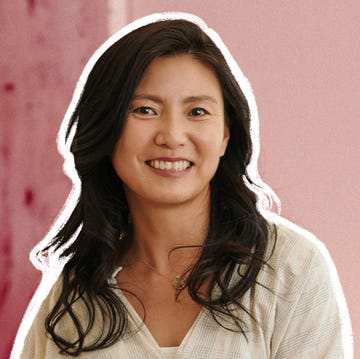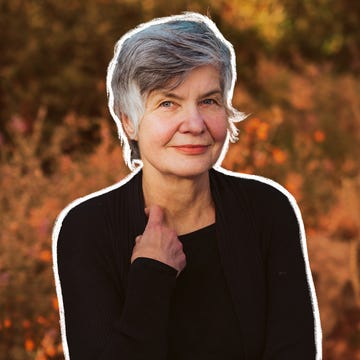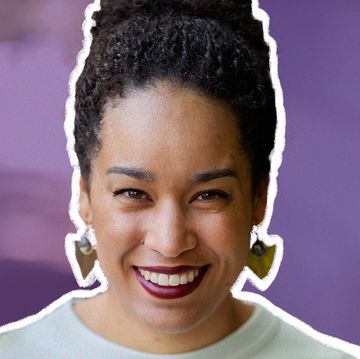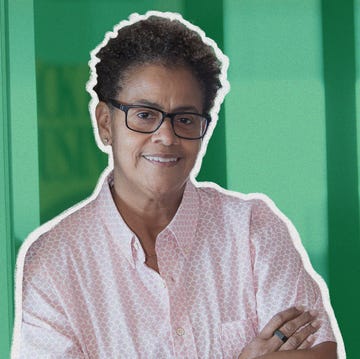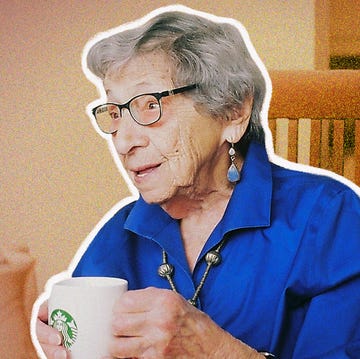In the ongoing Shondaland series Head Turners, we meet interesting women from every facet of life who are crushing it in their careers. From artists and tech mavens to titans of the boardroom, these women are breaking barriers, and they’ll share how you can too.
It was hardly a promising start for an American genius. Loretta Ross was raped by a relative and gave birth to her son at age 15. When she decided to raise the child herself, she lost her scholarship to Radcliffe College. Less than a decade later, a faulty IUD left her sterile. She was let go as director of the pioneering D.C. Rape Crisis Center in her late 20s after stealing funds to buy cocaine following a friend’s murder.
Trauma after trauma could have crushed Ross, but the pain in her past didn’t stop her from pursuing social justice activism. Ross was among a group of women of color who launched the reproductive justice movement in 1994. The pillars of the movement include the right not to have a child through abortion, birth control, or abstinence; the right to have a child; and the right to parent a child in safe and healthy environments.
For five decades, Ross has fought for reproductive justice and human rights, founding the National Center for Human Rights Education in Atlanta and serving as national coordinator of the SisterSong Women of Color Reproductive Justice Collective. The MacArthur Foundation recently named Ross one of its 2022 fellows in recognition of her “visionary paradigm linking social justice, human rights, and reproductive justice.” The $800,000 award, unofficially known as a “genius grant,” can be spent as the recipient wishes to support future work.
Today, Ross is working on the book Calling in the Calling Out Culture, about stronger ways to communicate while fighting oppression. As an associate professor for the study of women and gender at Smith College, she tells students that everyone can defend democracy from the forces of fascism, just as an earlier generation fought for civil rights at lunch counters and sit-ins throughout the South.
“If you’ve ever wondered what you would have done if you had to sit at that lunch counter and get spat upon and beaten, you don’t have to wonder about that anymore,” Ross says. “This is our lunch counter moment now. You’re alive to defend justice and freedom and integrity.”
Ross recently talked with Shondaland about what reproductive justice looks like today, her reaction to the U.S. Supreme Court decision overturning Roe v. Wade, and where she finds hope in moments of darkness.
ANDREA COOPER: You developed the concept of reproductive justice almost 30 years ago. How does it continue to be relevant?
LORETTA ROSS: Everything affects the health and safety of our children: school safety, gun violence, the environment, tax policies. Many people are dissuaded from having children because they can’t afford a house. They can’t continue their education.
It becomes even more important to talk about a human rights approach to having children — and not having children — that invokes a community of care because it is almost impossible to raise a family by yourself. You really need the community to participate in it. You need the government to provide the enabling conditions for you to raise your children safely and with the opportunity for educational and economic achievement.
[We should] move away from that singular, privatized nuclear-family model to actually look at what are the conditions necessary to establish a community of care so we can raise healthy, joyful, productive children that benefit society. Frederick Douglass said that it’s better to invest in children than to fix a broken man. This is what we call for within reproductive justice.
AC: What has surprised you about the response to this model?
LR: It quite surprised me how rapidly the reproductive justice framework began to supplant the pro-choice framework. It’s rare that a concept starts on the margins of a movement and ends up centering in that movement, so that even the mainstream pro-choice organizations were embracing the concept of reproductive justice within a decade.
The other thing that surprised me is its immense adaptability and flexibility. When Indigenous women use the reproductive justice framework, they infuse it with fighting for sovereignty, the same way that immigrant-rights women, when they use the framework, they’re fighting for citizenship rights, and when the LGBT movement uses the framework, they’re fighting for the right to sexual freedom, gender identity, sexual expression. I like the fact that reproductive justice is capacious enough to hold every population based on their own intersectional identity.
AC: With the U.S. Supreme Court’s decision on Dobbs v. Jackson striking down Roe v. Wade, it’s been a difficult time for proponents of abortion rights. Where do they go from here?
LR: What Dobbs revealed is the inadequacy of the Supreme Court to protect people’s human rights, particularly women’s human rights. I was disappointed by the Dobbs decision, but I was not surprised because people had been fighting against abortion rights ever since Roe v. Wade was approved in 1973.
There were people who saw opposition to feminism and LGBT rights and children’s rights as a way of gaining and securing power. It’s kind of difficult to persuade people to believe in justice and human rights when it’s profitable for them not to. That’s one of the reasons we have to take Dobbs in stride and say this just means we have to make sure that we center the women most vulnerable in our lands, and use every means possible to make sure that they still have the services that not only they need, but they deserve to have, even though the Supreme Court and many state legislators don’t agree with us.
AC: You’ve faced tremendous adversity in your life, including outliving your son, who died in 2016. How have you stayed resilient?
LR: [When my mother] sent me off to college, she said something to me that shows how well moms can know their kids. She said, “You don’t let success go to your head. But mostly, you don’t let failure go to your heart.”
I’ve never let trials and tribulations go to my heart. That doesn’t mean I haven’t dealt with despair, anxiety, and suicide ideation. I’ve done all of those things. But within my soul is the belief that I can always do better than what has happened to me. I offer that power and energy to others. I mean, I feel like I have an internal sun inside of me that can shine brightly and energize a lot of people.
AC: There’s a lot of strife in the U.S. right now, from the latest mass shootings to the killing of Tyre Nichols by Memphis police officers. How do you encourage people to sustain hope?
LR: I believe that most people are actually good. I’ve been to 70 countries where I’ve talked to people around human rights issues. Most people just want to do the right thing, take care of themselves, take care of their families, [and] contribute to society. I’ve never been persuaded that we’re surrounded by so much evil that it’s going to overwhelm the good people. I believe in humanity.
Andrea Cooper is a Charlotte, North Carolina-based writer who has contributed to The New York Times, CNN, Bon Appétit, National Geographic Traveler, and The Huffington Post.
Get Shondaland directly in your inbox: SUBSCRIBE TODAY
